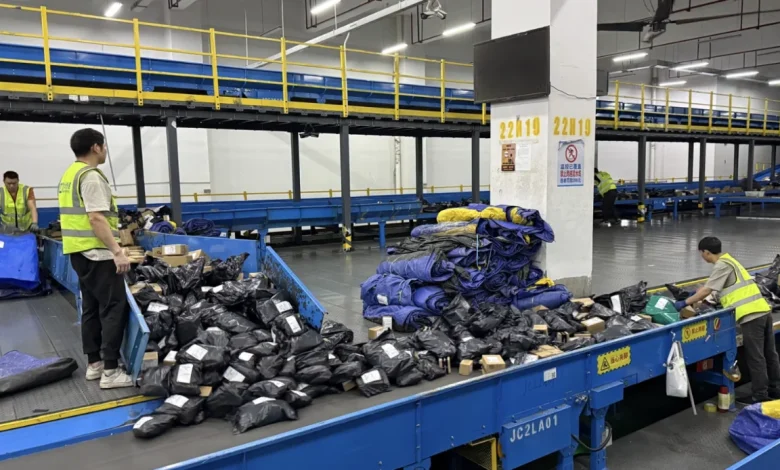For brands, Double 11 is a grind

We couldn’t resist sending this out on 11.11 itself – the day that started it all.
Since its invention by Alibaba in 2009, Double 11 has come full circle.
This year, Shopee even vowed to make 11.11 more important than Black Friday in Brazil.
Sixteen years ago, Alibaba turned “Singles’ Day” — a dorm-room meme among university students — into an online shopping bonanza for the first time.
Over the years, Double 11 became a core part of China’s retail calendar: many brands told us it used to account for 30 percent or more of their annual sales. Preparations started months in advance, and the whole ecosystem revolved around that one day.
But as ecommerce became an everyday infrastructure, Double 11 has shifted since 2022.
Gone are the extravagant TV galas and record-breaking GMV announcements. Instead, platforms have moved toward simpler discounts, longer campaigns, and quieter efficiency.
In other words – a grind.
This year, Douyin (TikTok) set a record with a 57-day festival window. At the same time, AI tools are quietly reshaping the experience: consumers in China told us that Taobao’s search and recommendations have improved drastically this year.
Behind these changes lies intense competition.
Alibaba once owned nearly all of China’s online commerce back in 2016; today, its share hovers around 40 percent. Douyin and Pinduoduo have become the main challengers, while WeChat Channels continues to gain ground.
Across Southeast Asia, the echoes are already visible.
Brands and ecosystem players have experienced Douyin ecommerce through TikTok Shop, and briefly saw Pinduoduo’s discount playbook through Temu last year.
Many brands tell us they’re still figuring out how to make live and video sales really work on TikTok — while few are sure how to defend against Temu’s full-force, value-driven retail model.
At the same time, most major platforms in the region have continued raising take rates and tightening promotion rules — a sign that profitability now takes priority over top-line growth.
Meanwhile, Lazada has begun introducing Tmall brands into its ecosystem – a move that signals its intent to differentiate through stronger brand portfolios rather than subsidies alone. Yet this will likely intensify competition among existing brands on the platform, as consumer attention and marketing real estate become even more contested.
Now, with Shopee rapidly advancing quick commerce in selected markets, and Grab preparing to enter branded ecommerce, the regional landscape is getting even more complex.
What began as a 24-hour flash sale in China has evolved into year-round campaigns, instant-fulfillment categories, and deeply data-driven retail ecosystems.
Platforms are no longer fighting just for GMV – they’re fighting for the last mile of consumer attention.
And the ripple effects are everywhere.
Read our latest report: Quick Commerce in China 2025
Join our next Momentum Works Executive Immersion in Singapore — to see how these shifts are unfolding on the ground.





